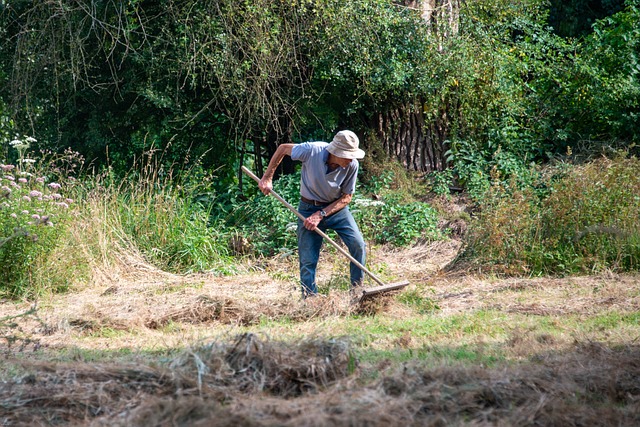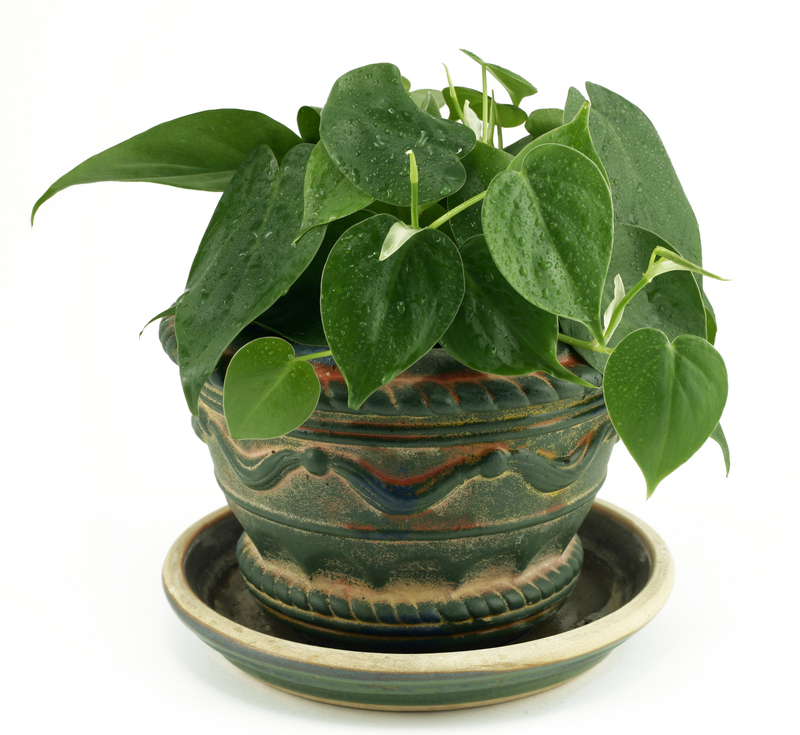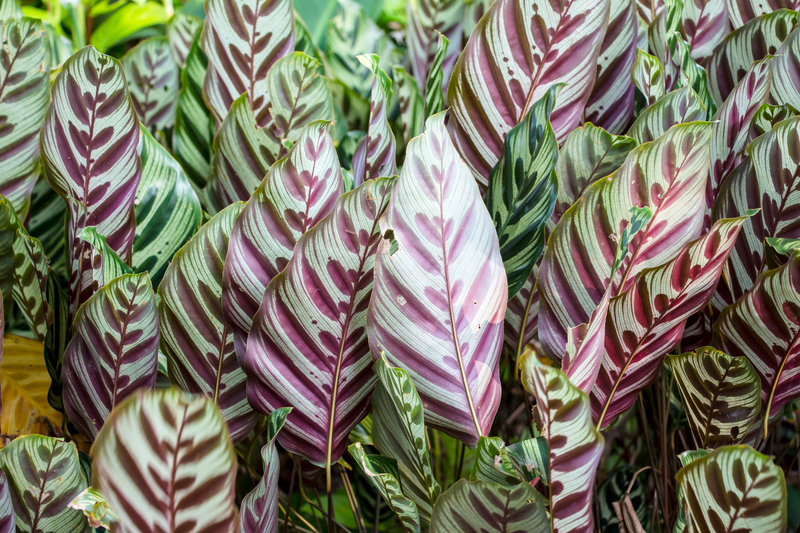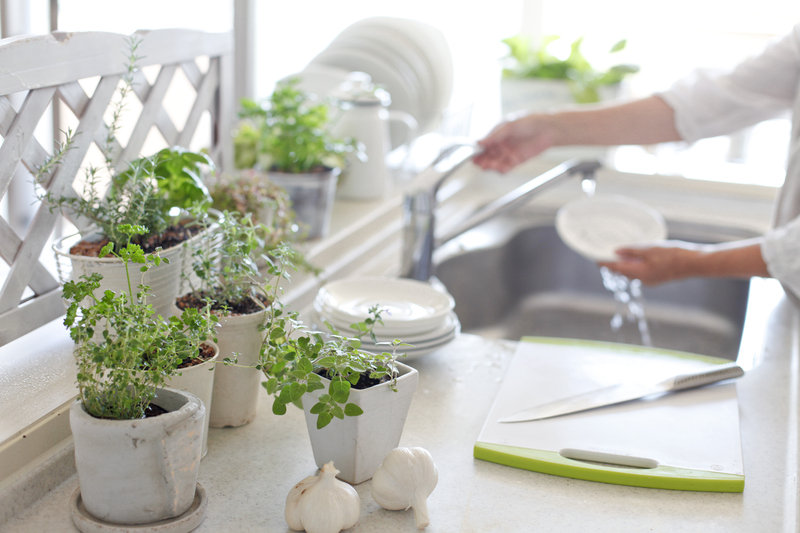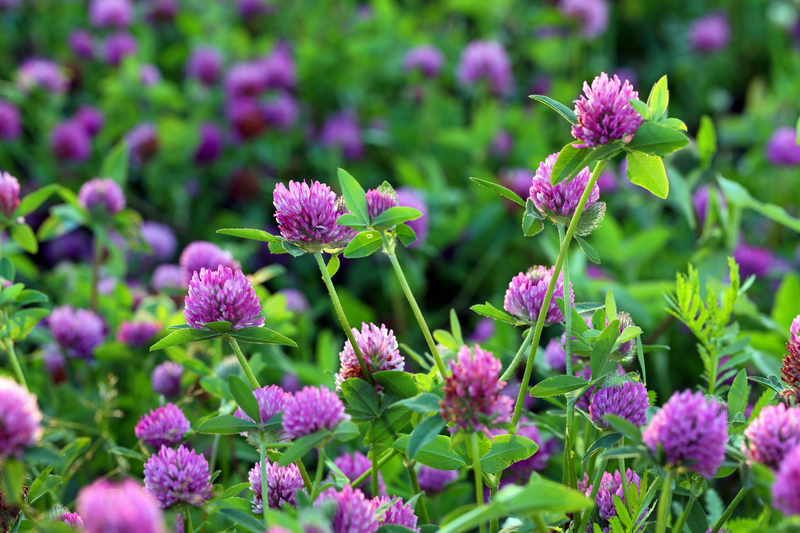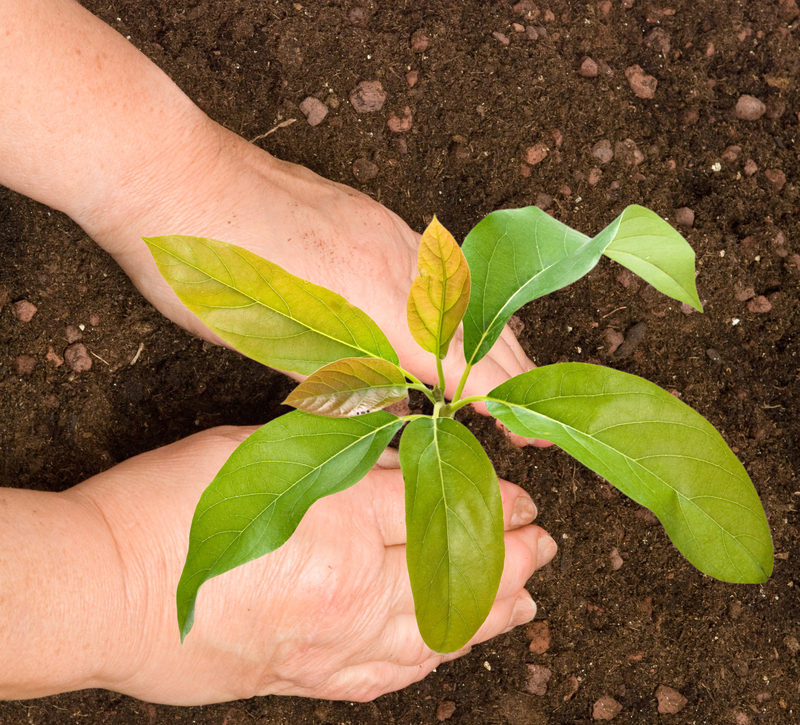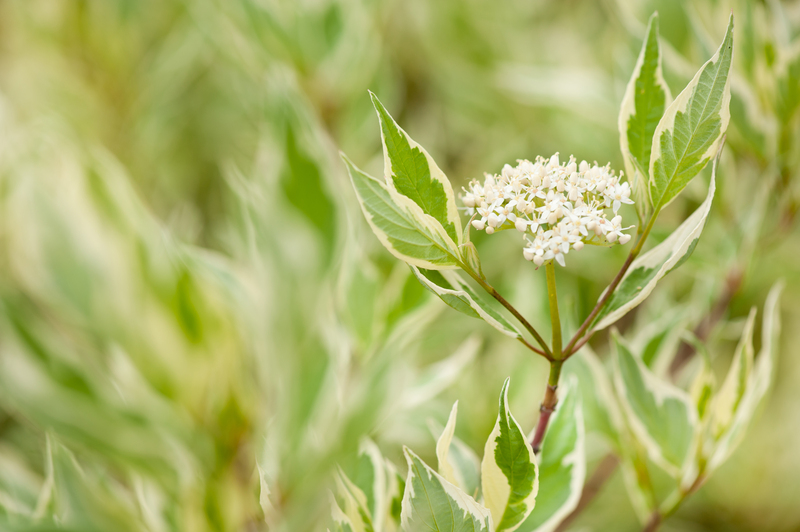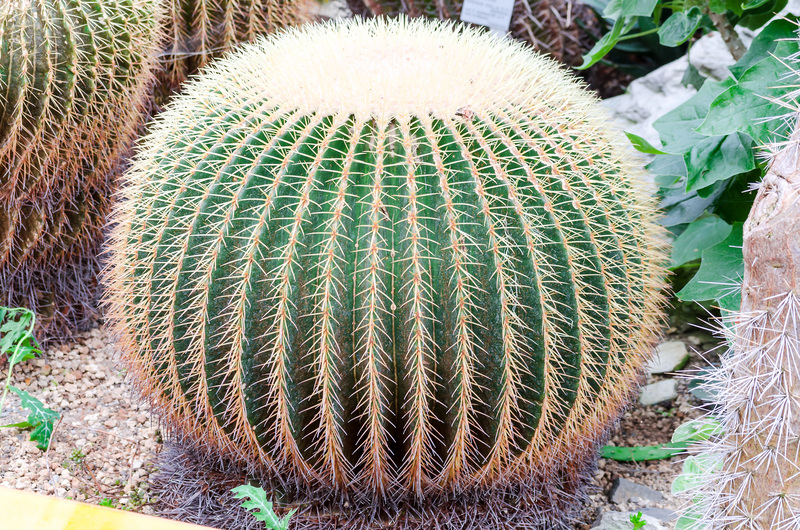Gardener Pinner: Mastering the Art of Sustainable Gardening
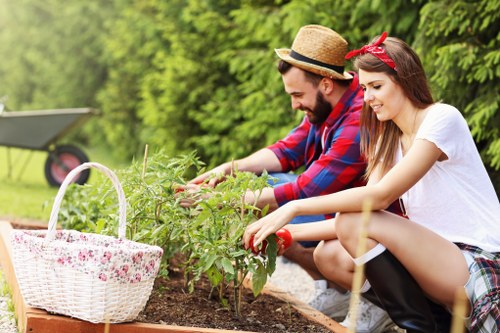
Gardener Pinner has become synonymous with sustainable and innovative gardening practices. Whether you're a seasoned horticulturist or a budding enthusiast, understanding the principles and techniques endorsed by Gardener Pinner can transform your outdoor space into a thriving, eco-friendly haven.
With a focus on organic methods, Gardener Pinner emphasizes the importance of soil health, biodiversity, and water conservation. These core values not only contribute to a healthier garden but also promote environmental stewardship.
Incorporating native plants is a key strategy advocated by Gardener Pinner. Native species are well-adapted to the local climate and soil conditions, requiring less water and fewer chemical inputs, which makes maintenance easier and more sustainable.
One of the standout features of Gardener Pinner's approach is the use of composting. By recycling kitchen scraps and garden waste, gardeners can enrich their soil with essential nutrients, reducing the need for synthetic fertilizers.
Composting not only improves soil structure and fertility but also helps in managing waste effectively. This closed-loop system minimizes environmental impact and fosters a healthier garden ecosystem.
Another essential aspect is water management. Gardener Pinner promotes techniques such as rainwater harvesting and drip irrigation to ensure efficient water use. These methods help in conserving this precious resource while keeping the garden lush and vibrant.
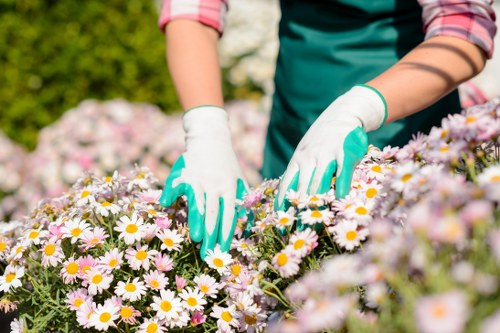
Gardener Pinner also highlights the importance of crop rotation and companion planting in vegetable gardens. These practices help in preventing pests and diseases, enhancing plant growth, and maximizing yield.
By rotating crops, gardeners can disrupt pest life cycles and reduce soil-borne diseases. Companion planting, on the other hand, involves growing compatible plants together to support each other's growth and deter unwanted pests.
Integrated pest management (IPM) is another cornerstone of Gardener Pinner's philosophy. IPM combines biological, cultural, and mechanical practices to control pests in an environmentally and economically sustainable way.
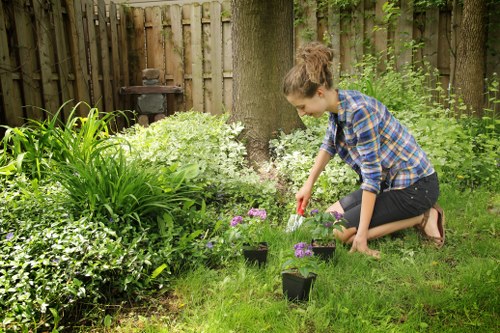
Gardener Pinner encourages gardeners to embrace biodiversity. Creating a diverse garden habitat attracts beneficial insects, birds, and other wildlife that contribute to the overall health and resilience of the garden.
Planting a variety of species ensures that the garden remains balanced and less susceptible to widespread pest infestations. Additionally, diverse plantings can create aesthetically pleasing landscapes with a mix of colors, textures, and forms.
Soil health is paramount in Gardener Pinner's methodology. Regular soil testing, mulching, and the use of cover crops are recommended to maintain and enhance soil fertility and structure.
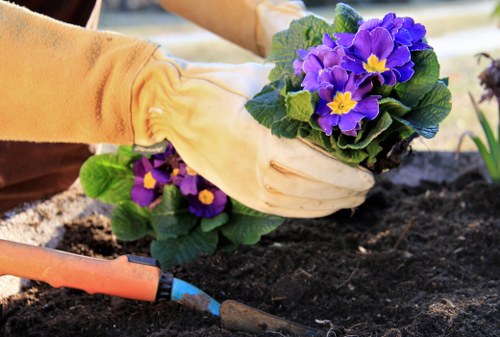
Seasonal planning is vital for a successful garden. Gardener Pinner provides comprehensive guides on planting schedules, harvesting times, and maintenance tasks tailored to each season.
By understanding the seasonal cycles, gardeners can optimize plant growth, manage resources efficiently, and ensure a continuous supply of fresh produce throughout the year.
Gardener Pinner also emphasizes the importance of sustainable tools and practices. Investing in high-quality, durable tools and adopting practices that reduce waste and energy consumption contribute to a more sustainable gardening lifestyle.
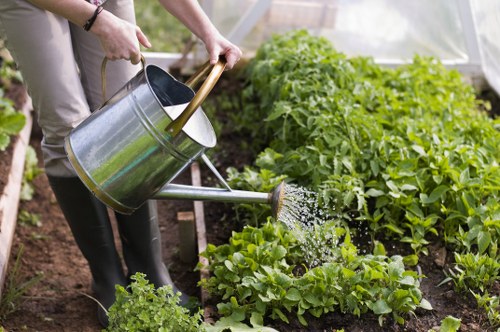
In conclusion, Gardener Pinner offers a wealth of knowledge and practical advice for anyone looking to cultivate a sustainable and flourishing garden. By adhering to the principles of soil health, biodiversity, and efficient resource management, gardeners can create beautiful and environmentally responsible outdoor spaces.
Embracing these practices not only benefits the individual gardener but also contributes to the broader goal of environmental conservation and sustainability.
Start your journey with Gardener Pinner today and transform your gardening experience into a harmonious blend of beauty, productivity, and sustainability.






